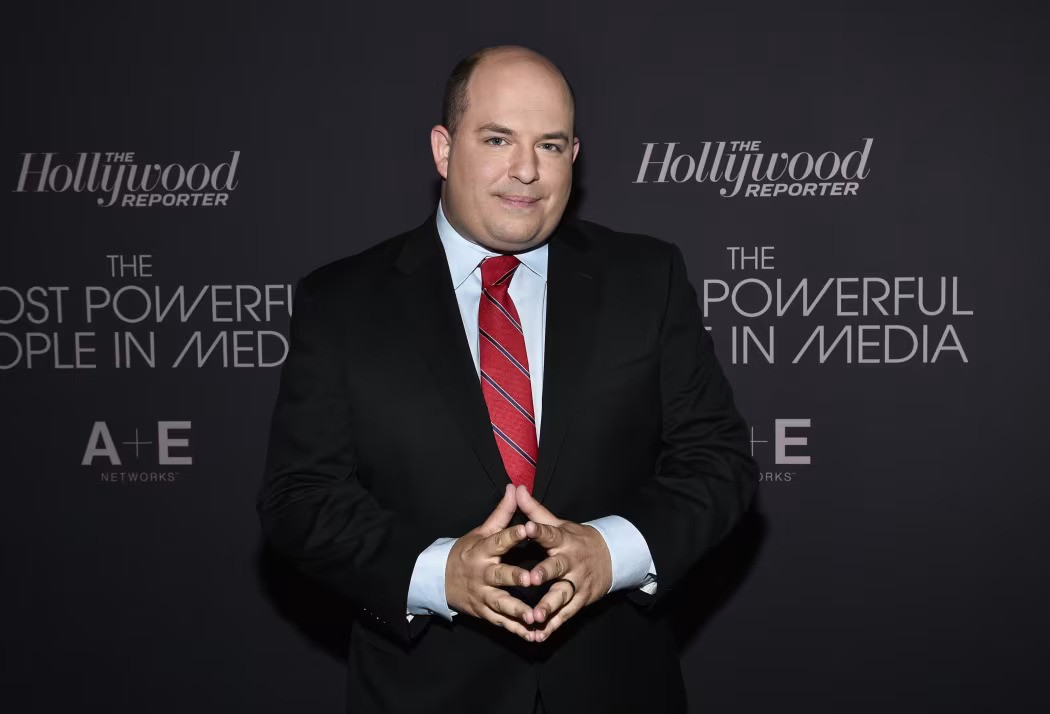Billionaire John Malone, now a major shareholder at Warner Bros. Discovery, voiced his desire to see CNN revert to its roots in journalism long before the merger with WarnerMedia. “I would like to see CNN evolve back to the kind of journalism that it started with, and actually have journalists, which would be unique and refreshing,” he told CNBC in an interview prior to Discovery’s 2022 merger with WarnerMedia.
Chris Licht, during his brief tenure as CNN’s CEO, seemed intent on making this vision a reality. In August 2022, the company announced the cancellation of
“Reliable Sources with Brian Stelter”
and the departure of its controversial host. Stelter, who had spent time post-CNN reflecting and raising alarm over “disinformation,” is now slated for a comeback at CNN just ahead of the next major election.
On Tuesday, Stelter revealed on X (formerly Twitter), “I’m returning to @CNN in a brand new role as Chief Media Analyst. I’ll be appearing on TV, developing digital content, and once again helming the Reliable Sources newsletter.”
Despite the celebratory buzz from many of his colleagues in the media, critics have been quick to remind the public of Stelter’s less-than-reliable track record. Below are three notable instances where he appeared to prioritize narrative over fact.
The Hunter Biden Laptop Story
With just a month remaining before the 2020 election, the New York Post published explosive revelations about the contents of Hunter Biden’s laptop. The story raised serious questions about Joe Biden’s connections, particularly regarding Ukraine. As the election loomed, elements within the intelligence community, including active CIA contractors, rushed to frame the story as a Russian disinformation campaign. In a public letter released on October 19, 2020, they claimed that the story had
“all the classic earmarks of a Russian information operation.”
Big Tech played its part, with Facebook censoring the article, while Stelter used his platform to cast further doubt. “So let’s take a look at how a storyline is manufactured,” Stelter said at the time. “In this case, a loudly anti-Biden storyline, redounding to Trump’s benefit. First, it helps to really view this as story-telling — not so much as news coverage but as political entertainment.”
He dismissed the New York Post’s reporting as politically motivated, even as key elements of the story were being corroborated. Stelter reassured his audience that Hunter Biden had “admitted to poor judgment” and that Joe Biden insisted “it would not happen again.”
“The Post claimed that the emails were found on a laptop computer that was brought to a computer shop in Delaware,” Stelter said, casting doubt on the origins of the laptop. “For all we know, these emails are made up,” he added. “But we do know that this is a classic example of the right-wing media machine.”
The Steele Dossier Fiasco

In 2017, Stelter took issue with Kellyanne Conway’s criticisms of CNN’s obsession with the Steele dossier. Conway stated, “CNN’s been obsessed with this dossier over a year now. And now that we know the DNC and Clinton campaign paid the same firm for said dossier, which is completely unverified, we can’t get you excited.”
Stelter fired back, accusing Conway of “spreading misinformation” on his show. “That’s misinformation that you’re spreading on my program, and I don’t appreciate it,” he said. He further insisted that “pieces of the dossier have been verified.”
Stelter clashed with conservative radio host Hugh Hewitt on this very topic, as Hewitt highlighted that the primary subsource of the dossier was actually a Russian agent investigated by the Obama administration. Hewitt told Stelter,
“The dossier is discredited. There was no collusion. These are factual matters.”
Stelter, however, responded, “What I know is that when you use the word ‘hoax’ over and over again the way the president has, it’s dangerous and poisonous because it makes people think there’s nothing real and nothing true anymore.”
Vaccine Skepticism Criticisms
Like many in the media, Stelter was quick to challenge criticism surrounding the experimental COVID-19 vaccines. He frequently directed his ire at Tucker Carlson, accusing him of being irresponsible with his comments about the vaccines. “I’ve heard Tucker Carlson repeatedly say that many Americans are dying after getting the [COVID] shot,” Stelter said in May 2021. “And he says it with the implication that the shots are to blame with no evidence at all. He’s scaring his audience so recklessly.”
Stelter continued his critique of Carlson, claiming he was promoting fear-based narratives without proof. Around this time, Stelter also defended vaccine mandates and censorship of vaccine criticism. His stance on vaccine skepticism has not aged well, as subsequent reports have linked the COVID-19 vaccines to various health risks. These risks include myocarditis, blood clots, and even autoimmune diseases.
Months later, Stelter aired a segment discussing how “do your own research” can lead to misinformation, as the Biden administration pushed social media platforms to censor vaccine skeptics.



